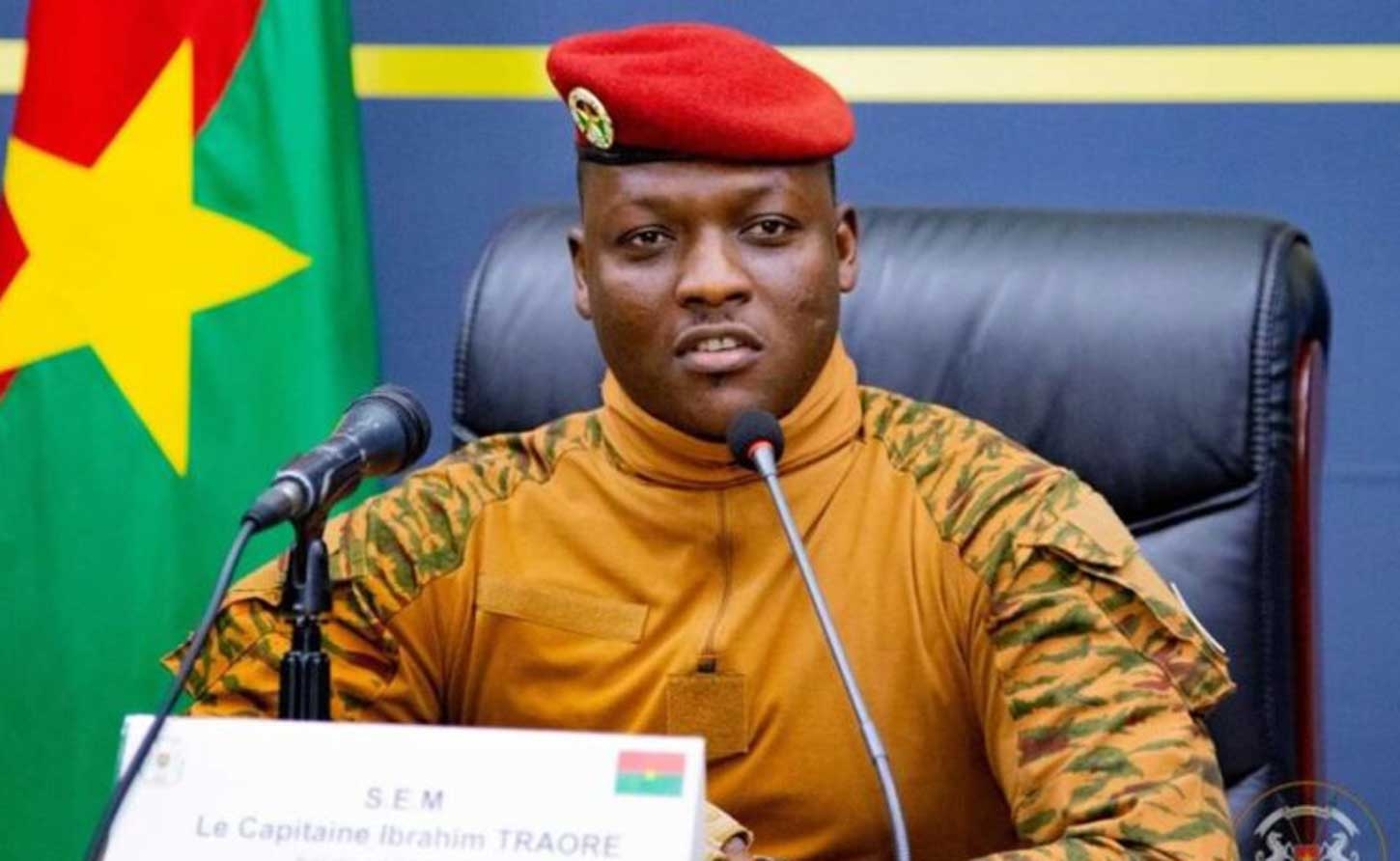AFRICA | Death Mark: US Military Sets Sights on Burkina Faso's Traoré

MONTEGO BAY, Jamaica, April 28, 2025 - In a remarkable display of Pan-African solidarity, as Donald Trump's administration moves to deport people of color from the Americas and Africa, Captain Ibrahim Traoré of Burkina Faso has extended an open invitation to the African diaspora: Come home and help build the continent. Meanwhile, the head of the U.S. military's Africa Command stands in judgment.
When General Michael Langley, commander of U.S. Africa Command (AFRICOM), recently branded Captain Traoré a "threat to his own people," he unwittingly exposed the central question facing the continent today: Who truly endangers Africa's future—its sovereign leaders attempting to reclaim resources, or foreign generals orchestrating influence from thousands of miles away?
The accusations against Traoré—that he's using Burkina Faso's gold to "protect himself and his position"—ring hollow against the backdrop of history. Since taking power, the young military leader has survived multiple assassination attempts, joining the dangerous fraternity of African leaders who dared to reject Western control in favor of genuine independence.
Traoré's true transgression lies not in threatening his people but in threatening a global order built on resource extraction. His administration's audacious plan to redirect Burkina Faso's gold wealth from multinational corporations toward domestic infrastructure and development strikes at the heart of neo-colonial economics. It lays bare an uncomfortable truth: Africa's poverty is not accidental but manufactured—meticulously maintained by those who profit from its resources while enforcing dependency.
The stakes have risen as Burkina Faso has formed the Alliance of Sahel States with Mali and Niger, establishing a mutual defense pact designed to shield their sovereignty from both terrorist threats and foreign meddling. Together, these nations have expelled French troops, rejected Western military prescriptions, and charted a path toward self-determination that directly challenges AFRICOM's grip on the region.
This regional unity echoes the vision of Muammar Gaddafi, whose downfall offers a cautionary tale. Gaddafi wasn't merely toppled for his domestic policies—he was eliminated because he envisioned a United States of Africa with a gold-backed currency independent from the IMF and World Bank. Like Thomas Sankara before him—who boldly confronted Western debt traps—Gaddafi's dream of African unity was buried under NATO bombs, his nation left fractured and bleeding.
The playbook is depressingly familiar. Soon, Western media will likely flood headlines with convenient narratives: "Authoritarian excesses in Burkina Faso," "Human rights concerns under Traoré," "Democracy imperiled in the Sahel." These aren't genuine concerns for African citizens but rather justifications for sanctions, covert operations, or military interventions to regain control over resources slipping from Western grasp.
We've witnessed this rhetoric deployed to rationalize NATO's destruction of Libya, excuse France's decades-long exploitation through the CFA franc, and mask AFRICOM's failures, whose presence has paradoxically coincided with terrorism's dramatic expansion across the Sahel.
The historical pattern is clear: When African leaders choose sovereignty over submission, Western powers respond not with respect but with regime change—economic, political, and if necessary, military.
What Captain Traoré and the Alliance of Sahel States represent isn't a threat to their people but a blueprint for African independence—precisely why they're being targeted. The real danger isn't these leaders but the desperation of foreign powers unwilling to relinquish control over a continent awakening to its potential.
As media narratives intensify and deportations continue, both Africans on the continent and throughout the global diaspora must maintain vigilance. Question every headline, follow the money trail, recognize the patterns of intervention.
Africa doesn't need AFRICOM's protection or Trump's deportations. It needs what every nation deserves: the freedom to chart its own course without punishment for daring to stand tall.
In extending his hand to returning Africans—doctors, engineers, lawyers, and others—Traoré isn't just offering refuge from deportation. He's inviting participation in perhaps the continent's most important project: not just independence from foreign control, but the creation of a self-sufficient Africa built by its own people, for its own people.
-30-
